Environmentalists in Bali are calling out the provincial government and private companies that are playing an active role in turning some of Bali’s biodiversity hotspots over to development projects. Speaking at a community discussion titled ‘How Are We?’ In Denpasar on Saturday, the Manager of the Bali Water Protection Program made it abundantly clear the organization’s stance on the negative impact tourism development is having on vulnerable communities and the natural landscape.
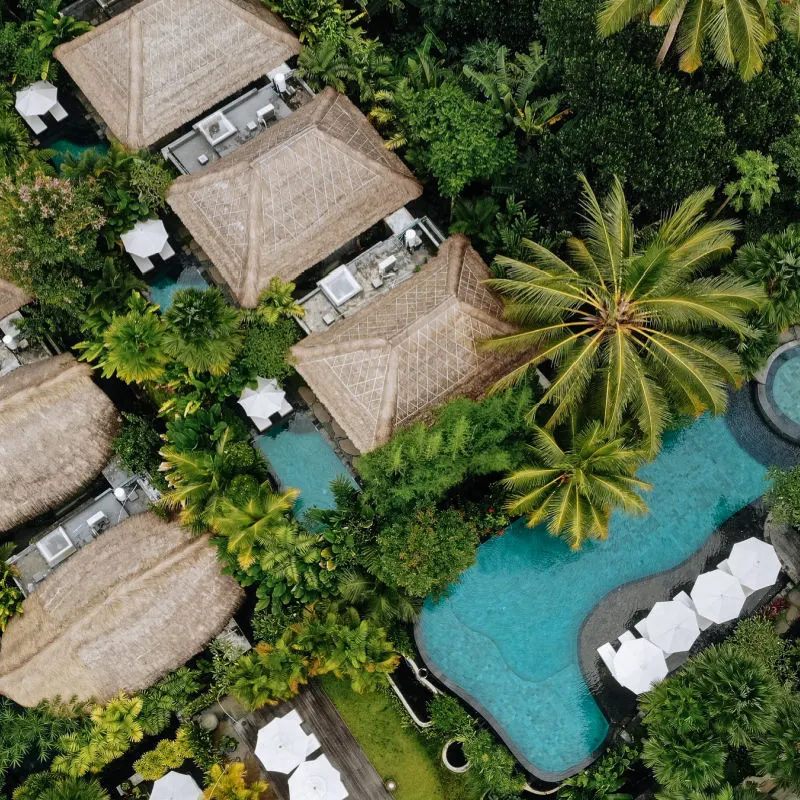
I Putu Bawa Usadi, used his time on the stage to inform the audience of his observations that historically, forests and jungles of Bali were primarily used by animals, but now he’s seeing fewer and fewer animals and more and more people destroying the forests.
Usadi said, “If you ask how Bali is today, you can say it’s not okay. We see that the flash floods that occurred last month show that there are activities in the forest that damage the environment”. Many of the families who lost their homes and livelihoods in the flash flooding disasters in October are still waiting to know where they will be relocated to by the provincial government. While flood water has mostly subsided, the damage remains.
He continued to explain that seawater intrusion is becoming an increasing concern during high-tide floods and monsoon season. He explained that in many areas in the Sanur area, seawater intrusion has reached over 1km inland. At times this seawater intrusion has infiltrated the community well water system, contaminating only viable freshwater sources.
Usadi said, “Intrusion occurs because the exploitation of underground water is too high. A solution must be found immediately by building additional wells and maintaining the upstream area”.
Top 5 Travel Insurance Plans For 2023 Starting At $10 Per Week
Easily Earn Points For Free Travel
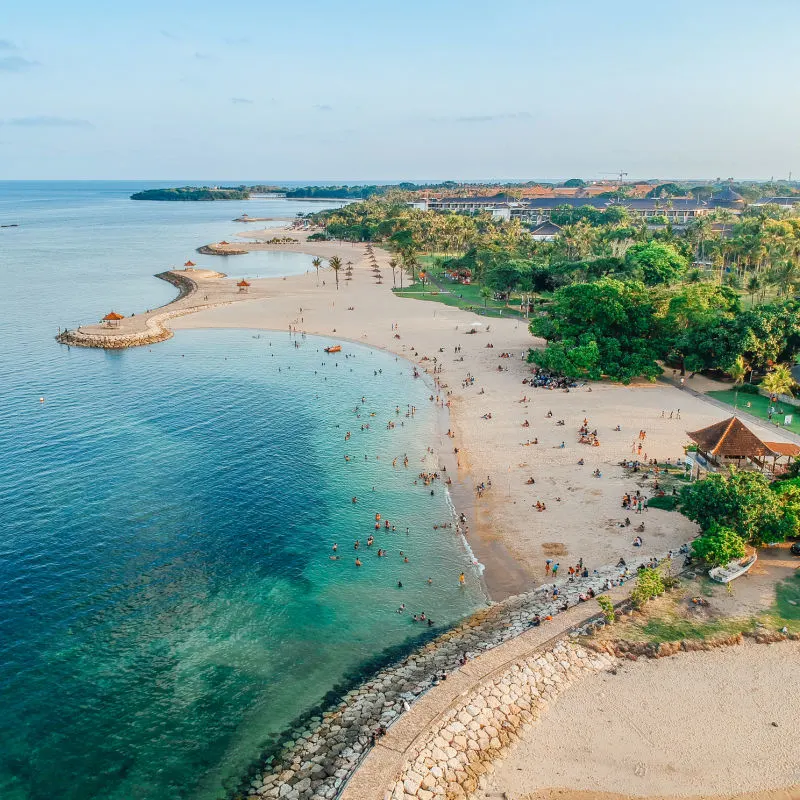
He made it clear that environmental damage in Bali cannot be separated from the behavior of humans. Using the example of the majority of agricultural land used for coffee and other commodities, he said that only a small amount of food produced nowadays is done so on land that is traditionally used as gardens, that much of the productive land in Bali was forested just a few generations ago.
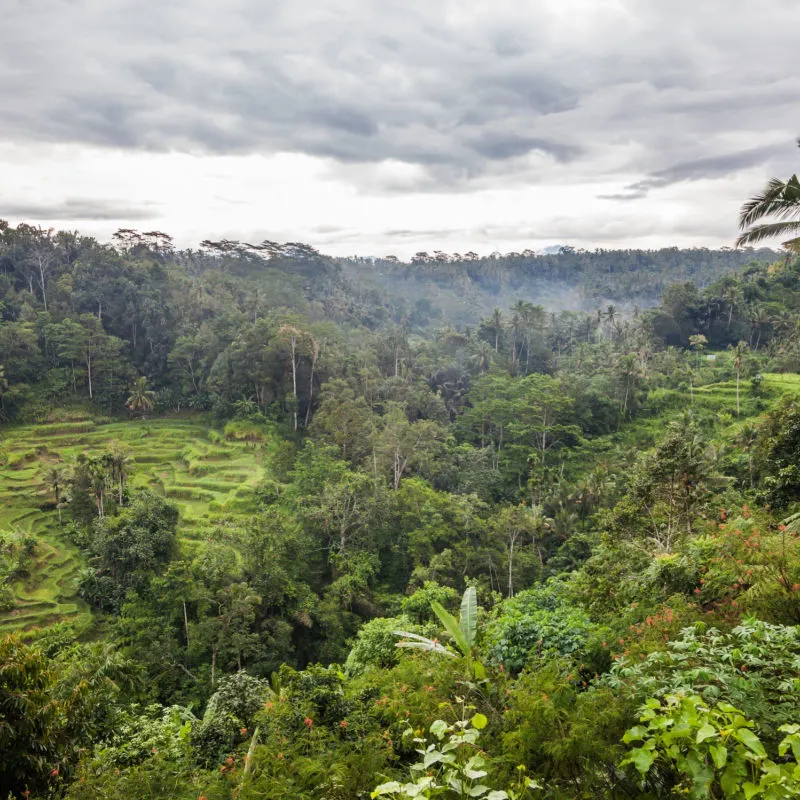
The Advocacy Coordinator for environmental NGO Kekal Bali, I Made Untung Juli Pratama, spoke about the impact of Bali’s current infrastructural developments on the environment, and in turn, Balinese communities.
Pratama said, “Disasters that have occurred so far cannot be seen solely as natural factors, but because of policies that are not in favor of the environment. Nature is only looking for balance”. Referencing the impact of the new Gilimanuk-Menwgi Toll Road that environmental scientists have stated is destroying rice paddy fields, protected forests, and productive farmland for local communities.
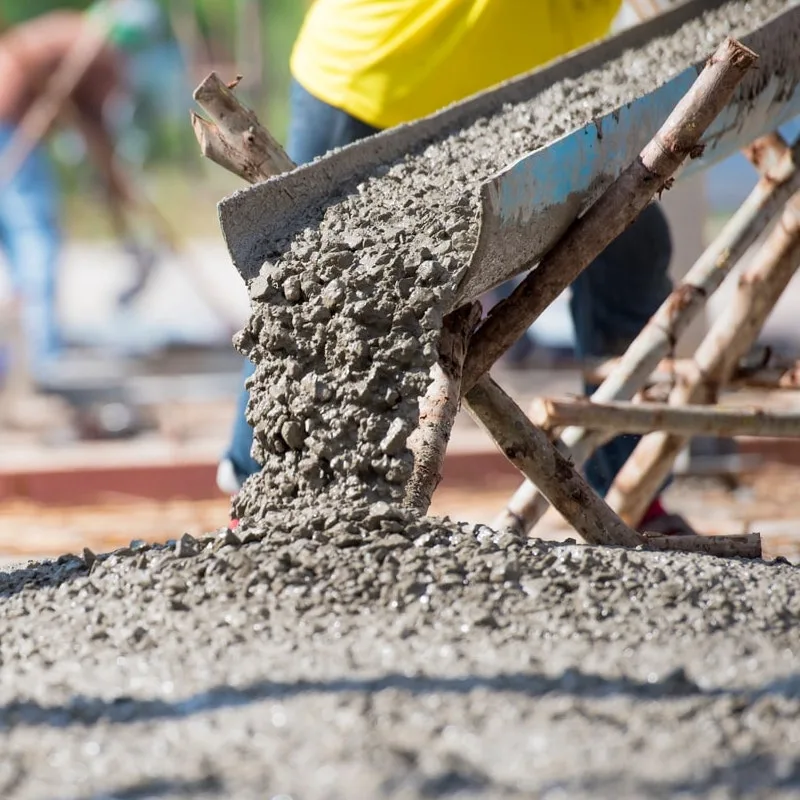
Pratama also used the example of the plans to construct a new LNG gas liquefaction and storage plant in Sanur. Noting that both the central and provincial governments, and even world leaders from G20 nations, have acknowledged the importance of mangrove forests, yet the plans reportedly outline the removal of dozens of hectares of protected mangrove forests.
Pratama concluded, “Our position at Kekal Bali is clearly against these projects. Both the construction of the toll road and the LNG project, because it is clear that they are intruding on productive rice fields and destroying mangrove and coastal forests”.
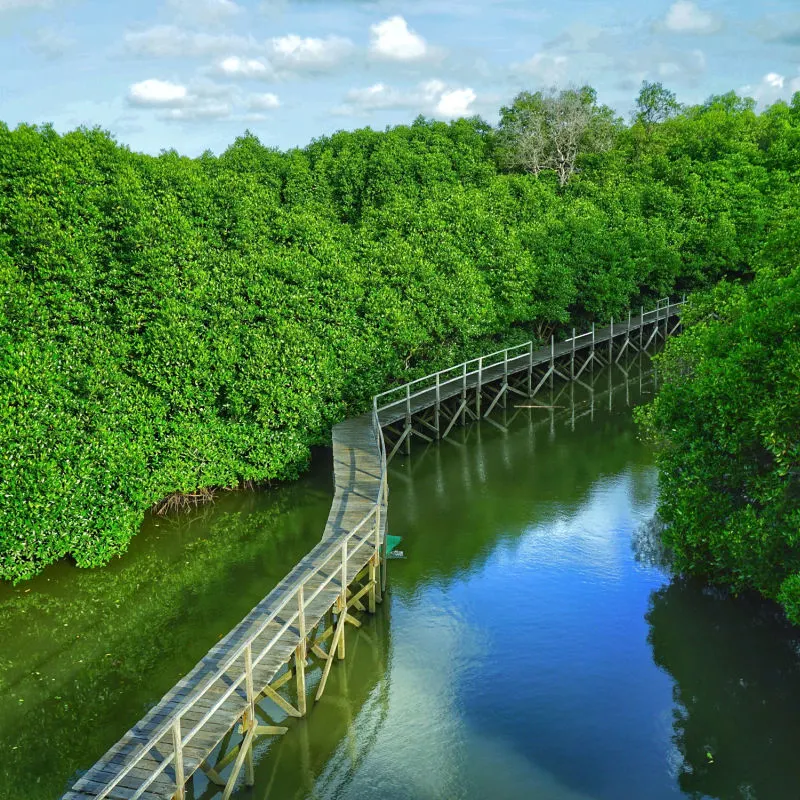
The statements made by Usadi and Pratama at the How Are We panel discussion align with the observations and advice shared by many of Bali’s leading environmentalists. The topic of conversation is starting to hit the headlines more frequently, though activities and opposers of government developments in Indonesia have to pick their battles wisely. Anthropologists, conservationists, and traditional Balinese leaders are voicing their concerns for the environment and the future of tourism on the Island of the Gods.
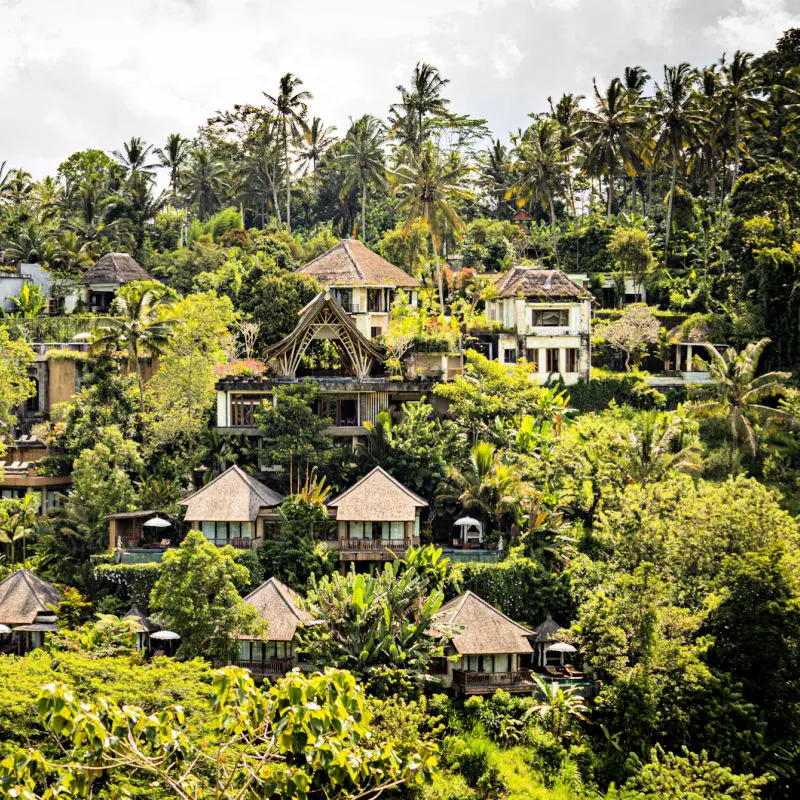
In October, the Indonesian Forum for the Environment of Bali Province (WALHI) revealed that their recent research found that the increase in natural disasters is directly related to the conversion of land for infrastructure development, namely for the tourism sector and transportation.
Remove All Ads & Unlock All Articles… Sign up for The Bali Sun Premium

Plan Your Bali Holiday:
Book The Best English Speaking Drivers For Airport Transfers & Tours
Choose From Thousands of Bali Hotels, Resorts, and Hostels with Free Cancellation On Most Properties
Book Cheap Flights To Bali
Don’t Forget Travel Insurance That Covers Medical Expenses In Bali
For the latest Bali News & Debate Join our Facebook Community
SUBSCRIBE TO NEW POSTS
Enter your email address to subscribe to The Bali Sun’s latest breaking news, straight to your inbox.
Discover more from The Bali Sun
Subscribe to get the latest posts sent to your email.

BaliDuck
Tuesday 29th of November 2022
Bali- the Island of gods, muhahahahahahaha. That was decades ago. Today Bali is nothing but greed for money.
Rex
Monday 28th of November 2022
A new Toyota 4Wheel drive is all that matters here..
JK
Sunday 27th of November 2022
The Indonesian people and Balinese in particular must force the government to listen to them even if it requires organising mass protests otherwise it will be too late.
Jimbo
Sunday 27th of November 2022
20 years too late. The greed has no boundaries. You wanted the money from tourism well you got it. You always refused to listen to your wise elders now you're boned. The water crisis was warned about before 2015, the coastal erosion as well, and the solution to prevent further damage never implemented. You had 2 years to reverse the steam but all you did was waiting for the return of the cash cow. Zero initiative to change even though the governor asked for this and was ready to help. Soon the cost of life will be so expensive that you'll only have kos2an as a solution for housing. Congratulations.
BaliDuck
Tuesday 29th of November 2022
@Jimbo, Bali- the Island of gods, muhahahahahahaha. That was decades ago. Today Bali is nothing but greed for money.
Exp
Sunday 27th of November 2022
Yes, - In Sanur it is reported salt in the groundwater 1km from the beach - Land prices are skyrocketing. Even lease prices in tourist zones are close to hak milik only a few years ago. - Now even rice field land plots are subdivided into 75-100m2 plots to make them affordable with a tiny concrete "box" as a house - ruko style. Nothing traditional. - Zoning regulation are not respected. In summary; anything to do with land/property "investment" is high risk in my view.
Jwest
Sunday 27th of November 2022
It’s positive news that the hugely negative effects of tourism are being noticed on the overall environment …..at long last. I’ve written here before on behalf of the myriad multitude of lesser recognized nocturnal species that are being driven extinct by the after-hours night club noise pollution. The animals , reptiles , birds and insects who need the night to hunt, to breed and exist ( bats , owls etc) are being murdered in the millions not only by displacement but by the noise pollution of high frequency sonic blare that interferes absolutely with the rhythm of the natural world. The effects on Bali will be cascading, the death of these species of high and low, birds and snakes , mammals and reptilian , will cause the entire ecosystem to collapse. The farmer needs to worms…and in the kingdom of life, worms are kings. Without all life, there is no life. So go ahead and sell your cheap booze to a flock of oblivious tourists, your children pay the price.